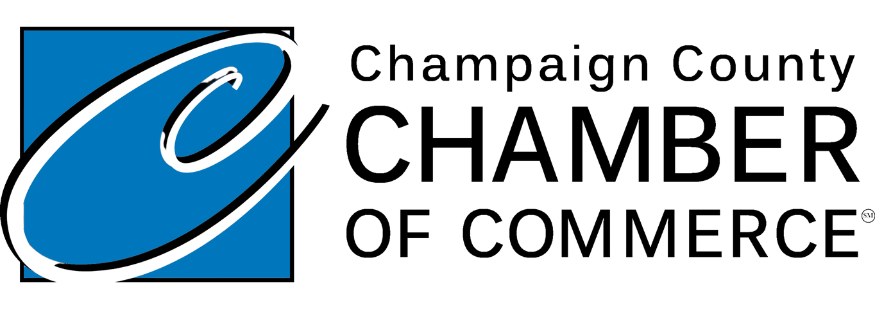Cultivating Financial Literacy for Sustainable Growth
In the world of small business ownership, financial knowledge is not just power, but a lifeline to long-term growth and sustainability. Understanding the intricacies of your business finances can help you make wise decisions, anticipate challenges, and seize opportunities. By mastering this crucial skill set, you can confidently navigate the financial landscape and drive your business toward success. With proper financial knowledge, you can effectively manage cash flow, optimize resource allocation, and strategically plan for the future. This guide will help you learn how.
Pay Attention to Your Accounting Practices
Accounting is the backbone of any business's financial health. It involves recording, summarizing, and analyzing financial transactions — a meticulous process that can reveal much about your business' state. By staying on top of accounting, you can keep track of all income and expenses, which can help you identify trends, plan for the future, and make informed decisions. It also allows you to spot any discrepancies or issues early, enabling you to address them before they escalate.
Mastering the Fundamentals of Business Finance
Business financial literacy involves understanding key financial statements like income statements, balance sheets, and cash flow statements. These documents provide insights into your business's financial health and are crucial for planning and decision-making. Income statements reveal profitability, while balance sheets offer a snapshot of assets, liabilities, and equity at a specific point in time. Cash flow statements illustrate cash movement in and out of your business. By comprehending these documents, you can assess performance and make strategic decisions for growth.
Keeping a Close Eye on Your Business's Cash Flow
Cash flow is the lifeblood of any business. Regular monitoring can help you understand when, where, and how your cash needs will occur, and whether your business has enough cash to meet its obligations. Knowing this is critical for survival. By regularly reviewing your cash flow, you can identify potential shortfalls in advance and take steps to address them, like adjusting payment terms with suppliers, chasing up overdue customer payments, or arranging short-term finance.
Navigating the Maze of Compliance and Regulations
Running a small business involves adhering to various compliance requirements and regulations, which can have significant financial implications. For example, most businesses are required to generate and file an annual report each year, detailing their activities and financial situation. In instances where you need to rotate a PDF online to ensure that the content is displayed correctly and is easily readable, an Adobe PDF rotating tool is invaluable. This ensures that all documentation, particularly the annual report, adheres to a professional standard, enhancing the business’s credibility and compliance. Failing to comply with these requirements could lead to penalties, fines, or legal problems, highlighting the importance of presenting all business documents in their best form. Stay updated on all relevant regulations and ensure you meet all necessary obligations on time, while ensuring your documents reflect the professionalism of your business.
Emergency Cash Reserves in Risk Management
Just as individuals should have an emergency fund, businesses should also prioritize building a financial safety net. Unforeseen circumstances like equipment breakdowns, sudden drops in customer demand, or global pandemics can severely impact cash flow. Having an emergency cash reserve not only helps to weather these storms but also provides a sense of security and peace of mind. Additionally, it allows businesses to seize opportunities and make strategic investments when the timing is right, without relying on costly borrowing.
The Role of a Financial Advisor
While it's crucial for small business owners to have a solid understanding of their finances, there are occasions when professional advice is necessary. This could be during significant business decisions, a time when you’re faced with complex financial issues, or simply to ensure you're on the right track. Financial professionals draw from their experience and expertise to provide insights, helping you navigate challenging situations and seize growth opportunities.
Cultivating financial literacy is a vital part of running a successful small business. By understanding your financial position, keeping up with compliance, monitoring cash flow, building reserves, and seeking professional advice when needed, you can make wise decisions that drive the long-term growth and sustainability of your business.
Join the Champaign County Chamber of Commerce for even more great resources that can help you build a strong business in our community!
This Hot Deal is promoted by Champaign County Chamber of Commerce - IL.

